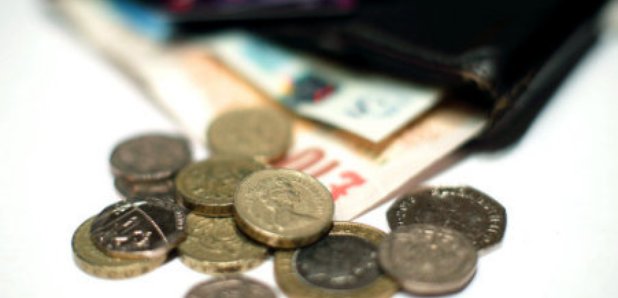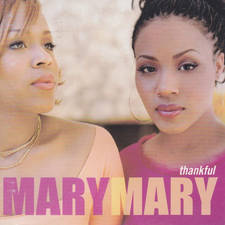Growing gap between rich and poor in Scotland
28 March 2019, 15:08

The number of people living in poverty in Scotland is on the rise, according to official statistics.
Figures published by the Scottish Government show income inequality in the country is also growing, with the top 10% of the population earning more than the bottom 40% combined.
In a report released on Thursday, analysis suggests between 2015 and 2018 around 20% of people in Scotland were living in relative poverty after housing costs.
This represents around 1.03 million people each year and is a rise on the 19% - an estimated one million people - who were living in relative poverty after housing costs in the previous period from 2011 to 2014.
Relative poverty is a measure of whether the income of the poorest households is keeping pace with middle-income households across the UK.
The number of people in relative poverty after housing costs in Scotland had been falling since the late 1990s but data of recent years shows a continuous increase since 2009-12.
People living in absolute poverty - a measure of whether the incomes of the poorest households are keeping pace with inflation - also rose by around 20,000 after housing costs between the periods.
There were around 390,000 working-age adults experiencing in-work poverty between 2015 and 2018.
An estimated 240,000 children in Scotland are also recorded as living in relative poverty after housing costs - up by around 10,000 on the previous period.
Income inequality also increased in 2015-18, with the top 10% of the population having 27% more income than the bottom 40% combined.
This compares to 24% more income of the top 10% in the previous period.
Income inequality had been fluctuating since the beginning of the Scottish Government's data collection in the mid-nineties.
After the most recent low point in 2012-15, the rate has been steadily increasing.
The report also indicated people from minority ethnic (non-white) groups are more likely to be in relative poverty, with a poverty rate of around 38% for those categorised as being from a mixed, black or black British, or other ethnic group.
Jamie Livingstone, of Oxfam Scotland, said while not all powers to narrow the income inequality gap rested in Scotland, the Scottish Government must do more to tackle inequality.
Mr Livingstone said: "It's deeply troubling that the gap between the richest and poorest people in Scotland is continuing to grow.
"If this widening income inequality is left unchecked then it will continue to undermine efforts to tackle rising levels of poverty as these challenges are interconnected.
"The Scottish Parliament must do everything in its power to turn its tough talk on tackling inequality into concrete action if it's going to make meaningful progress in creating the fairer, more equal Scotland we all want to live in."
John Dickie, of Child Poverty Action Group (CPAG), said: "Today's stark figures show that families struggling now cannot wait years for the Scottish Government's promised income supplement, welcome as it is.
"Whilst there is no question rising child poverty is driven by UK government social security cuts, Scottish ministers must act now and use new powers to boost family incomes immediately."






















